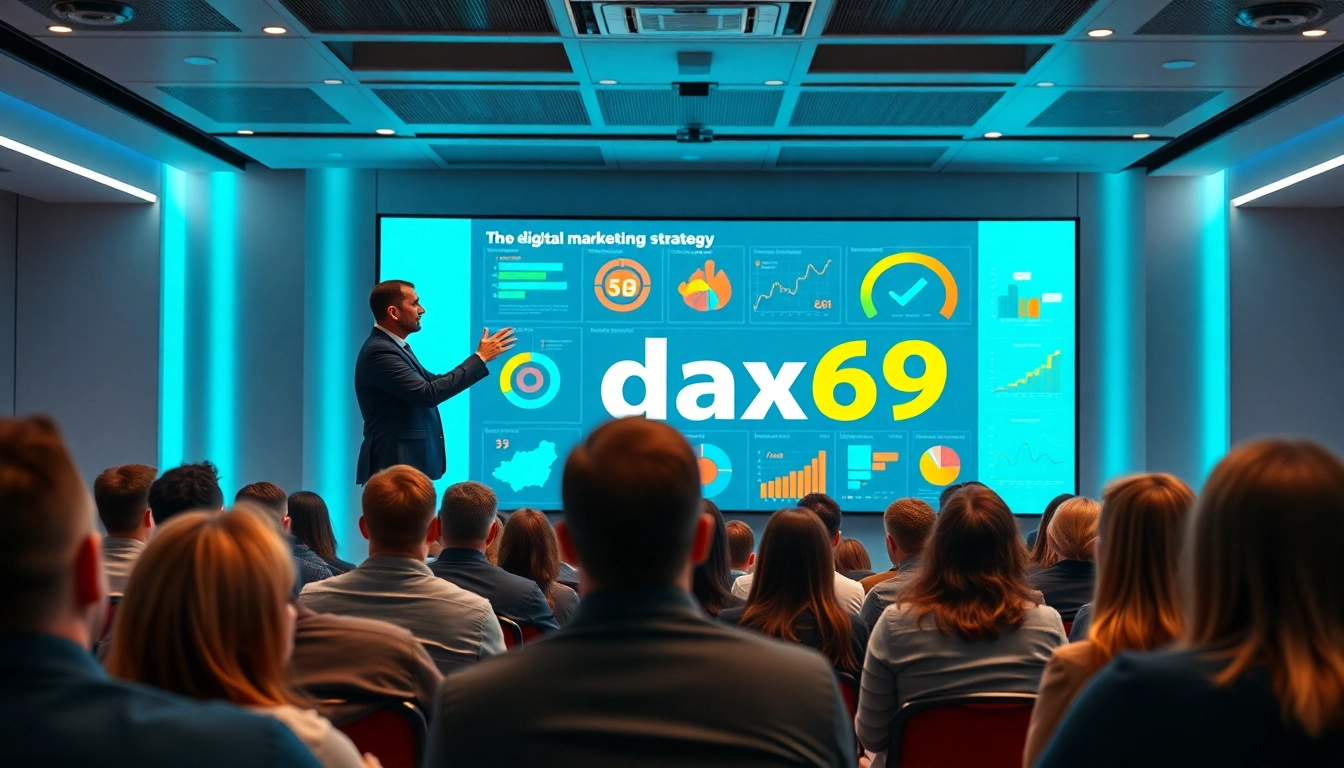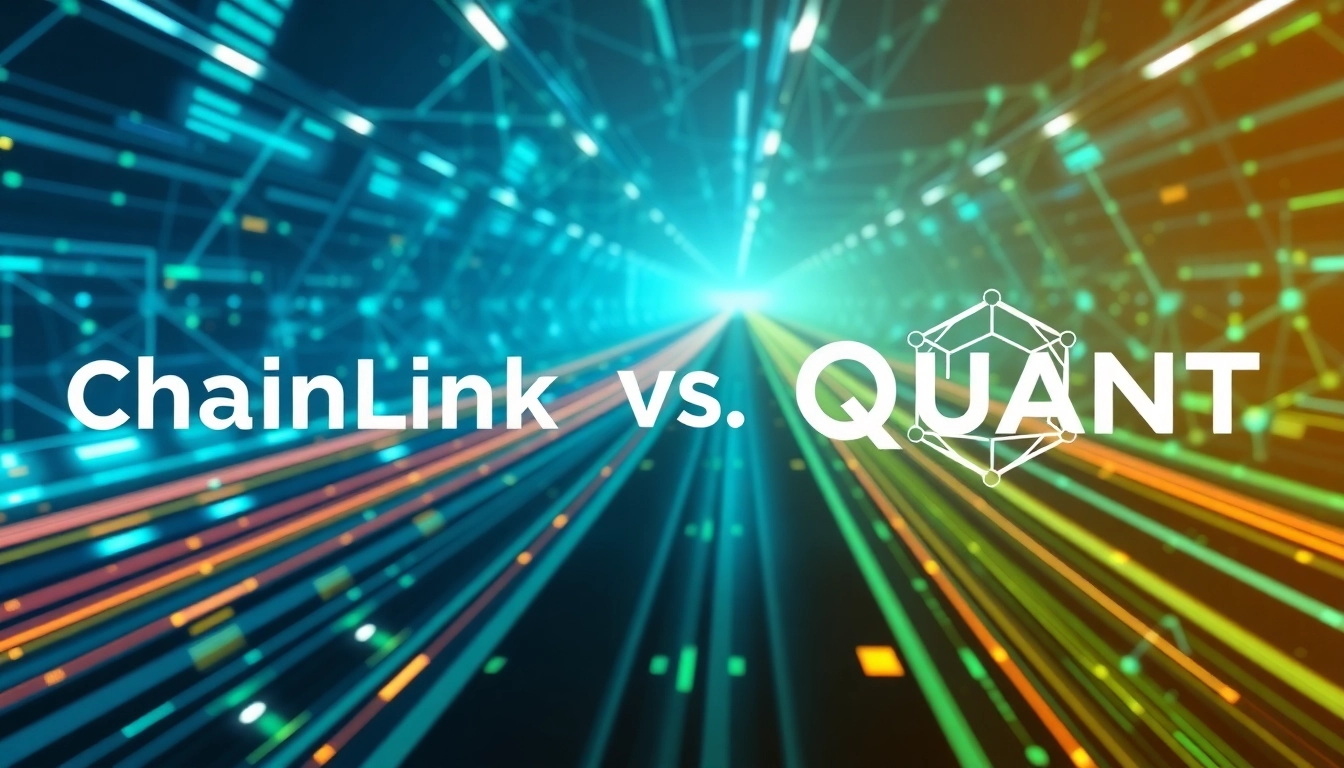Understanding AI Business Branding
Definition and Scope of AI Business Branding
AI business branding refers to the use of artificial intelligence technologies to streamline and enhance the branding process of a business. This encompasses everything from logo design to social media content, where AI algorithms analyze user preferences, market trends, and brand identity requests to propose effective branding solutions. For instance, AI tools can generate logos, color schemes, and even brand voice by leveraging extensive datasets that show what resonates with target audiences.
Benefits of Integrating AI in Branding
Integrating AI into branding offers numerous advantages. One of the primary benefits is efficiency; AI can automate repetitive tasks, freeing up design teams to focus on more strategic initiatives. This automation leads to faster project turnaround, reducing the time from ideation to market. Furthermore, AI can analyze consumer behavior in real-time, delivering insights that aid businesses in tailoring their branding efforts to align with their customer’s preferences.
Additionally, AI can provide personalized branding recommendations that align closely with overarching business goals. Companies like Looka and uBrand utilize machine learning to generate customized branding solutions that adapt as market dynamics evolve, ultimately fostering stronger brand loyalty.
Common Misconceptions About AI Branding
Despite its growing popularity, several misconceptions about AI branding persist. One common myth is that AI can completely replace human creativity. Although AI tools can streamline and suggest branding elements, they lack human intuition, emotional intelligence, and a deep understanding of brand storytelling. Human creativity and originality remain essential in curating a brand that resonates authentically with consumers.
Another misconception is that AI branding is only accessible to large corporations. In reality, many AI branding platforms cater specifically to small businesses and startups, enabling them to leverage advanced branding tools without incurring exorbitant costs. These tools make it easier for emerging brands to compete effectively in crowded markets.
Exploring AI Tools for Effective Branding
Overview of Popular AI Branding Platforms
Several platforms have emerged at the forefront of AI business branding, each offering unique features tailored to different user needs. Platforms like AI business branding solutions focus on high-quality logo creation and brand identity development. Others, such as Looka and Brandmark, provide tools that empower users to design logos and brand assets quickly through intuitive AI-driven interfaces. These platforms typically use techniques like neural networks to generate designs aligned with user input and market trends.
There are also tools like Canva’s AI Designer that allow users to create branded assets across various media, from social media posts to presentations, providing a comprehensive branding experience that goes beyond just logos.
Feature Comparison: Finding the Right Tool
When choosing an AI branding tool, it’s crucial to consider several key features. User-friendly design interfaces, the ability to customize designs, range of design templates, and integration with other marketing tools are paramount. For example, Looka offers a plethora of branding packages that include logos, business cards, and social media kits while uBrand provides advanced brand guideline generators that ensure consistency across all platforms.
Pricing is also a significant factor; many tools offer tiered pricing models that can accommodate various budgets. It is advisable to choose a platform that not only fits your financial capacity but also provides the necessary features to support future growth.
Case Studies: Successful AI Branding Applications
To illustrate the effectiveness of AI in branding, consider a startup that leveraged Looka to create a professional identity from scratch. With a simple input of their industry and preferred style, the AI generated multiple logo options, which the founders could refine. This streamlined the entire branding process, allowing them to launch their identity without the typical delays associated with traditional branding methods.
Another compelling example involves a small cafe utilizing Brandmark. They capitalized on the platform’s branding capabilities to generate not just their logo but also complementary color palettes and typography that resonated with local tastes. By using AI, they quickly cultivated an appealing brand identity that set them apart from competitors.
Implementing AI Business Branding in Your Strategy
Steps to Integrate AI in Your Branding Process
To successfully integrate AI into your branding efforts, follow these steps:
- Assess Your Brand Needs: Understand what aspects of your branding process could benefit from automation or AI assistance, whether it’s logo design, market analysis, or customer engagement.
- Select the Right AI Tools: Research various AI branding platforms, comparing their features, ease of use, and pricing to align with your specific needs.
- Implement a Test Phase: Before fully committing, run a pilot project using AI tools to evaluate their impact on your branding process and overall efficacy.
- Gather Feedback: Collect data and feedback on design outputs and branding alterations to refine your approach continuously.
- Iterate and Scale: Use insights gained from feedback to improve your branding process, continually adapting the AI tools as required.
Choosing the Right AI Solutions for Your Needs
Selecting the appropriate AI branding solution depends on your specific requirements, such as whether you need logo design, social media management, or comprehensive brand kits. Small startups may prioritize affordability and functionality, while larger corporations might look for extensive features that integrate with existing systems. Evaluate each platform’s ability to meet these targeted needs and ensure they have a strong support network in case of challenges.
Measuring Branding Success with AI
Implementing metrics to assess the success of your AI branding initiatives is vital. Metrics might include brand recognition scores, social media engagement rates, and conversion rates on your primary sales platforms. A/B testing different branding elements produced through AI can also provide critical insights on performance and audience reception. Monitoring these metrics will guide further refinements of your AI branding strategy.
Best Practices for AI Business Branding
Maintaining Brand Consistency with AI
To ensure brand consistency while using AI, develop a comprehensive brand style guide that informs all AI-generated outputs. This guide should detail your brand’s visual identity, including logos, color schemes, and typographic guidelines. Platforms such as uBrand offer tools to create such guides automatically, ensuring that every piece of generated content retains the essence of your brand.
Leveraging Data to Enhance Branding Efforts
Data-driven branding enhances your marketing efficacy significantly. Utilize AI tools that analyze customer data to understand demographic trends, purchase behaviors, and engagement metrics. This information can help you refine your branding messages and overall strategy, ensuring they resonate effectively with your target audience.
AI can also facilitate predictive analytics, allowing brands to anticipate customer needs and trends, enabling proactive branding efforts ahead of competitors.
Adapting to Emerging Trends in AI Branding
As AI branding evolves, staying informed about emerging trends is essential. From advances in natural language processing enabling more human-like interactions to improvements in machine learning models that shape design aesthetics, companies must continually adapt their strategies. Participating in industry forums, following relevant publications, and experimenting with new AI tools can keep your branding fresh and competitive.
Future of AI Business Branding
Trends Shaping the Future of Brand Identity
The future of AI in branding is promising, with several trends emerging. Brands are increasingly moving towards hyper-personalization, harnessing AI’s capabilities to deliver tailored experiences and products. Real-time adaptive branding based on user interactions is also on the rise, where brands evolve their identity based on continuous learning from consumer behavior.
Moreover, social responsibility and ethical branding will become more significant, with data transparency and customer privacy increasingly sought after by consumers. The ability of AI to ensure compliance and maintain ethical standards will be critical.
The Role of Human Creativity in AI Branding
Despite AI’s capabilities, the role of human creativity cannot be overstated. While AI can suggest designs and strategies, the human element adds depth, storytelling, and emotional connections that are pivotal for effective branding. Therefore, businesses should view AI as a complementary tool that extends their creative boundaries instead of replacing the human touch.
Preparing Your Brand for the AI Evolution
To prepare for an AI-driven branding future, brands need to invest in training staff to utilize AI effectively, ensuring they understand how to extract meaningful insights and design outputs. Developing an agile mindset will also help brands adapt quickly to changes and leverage evolving AI technologies for strategic advantage. Continuous investment in AI tools and education will position brands to innovate continually and thrive in a competitive market landscape.















Leave a Reply